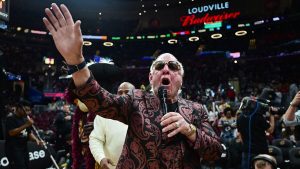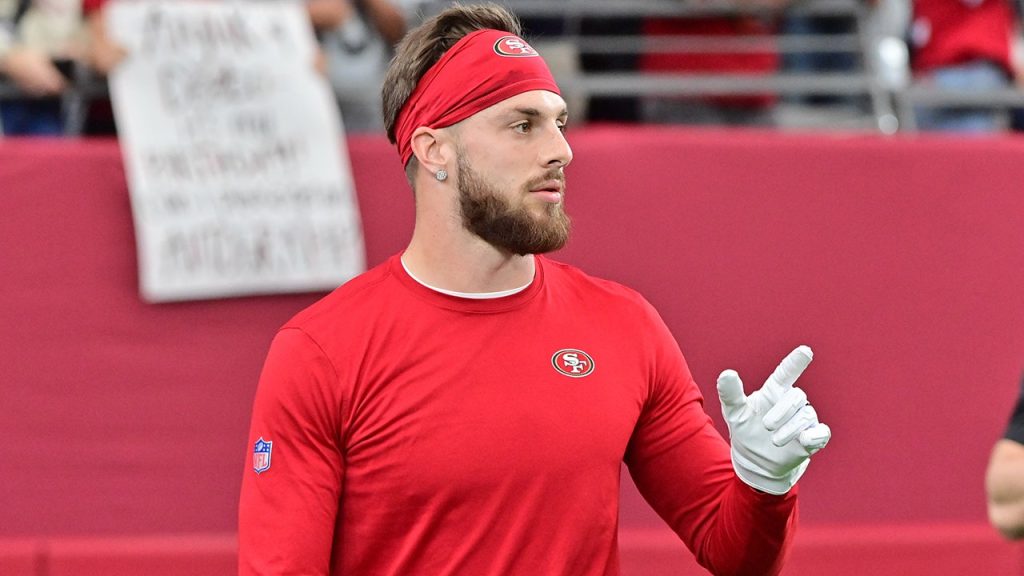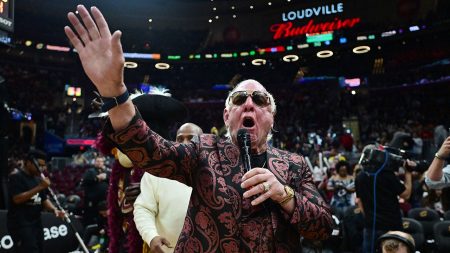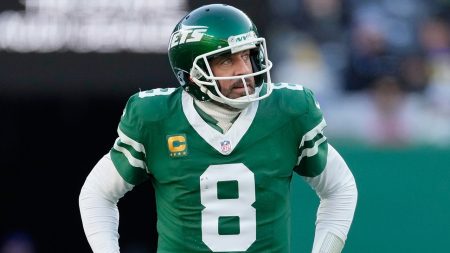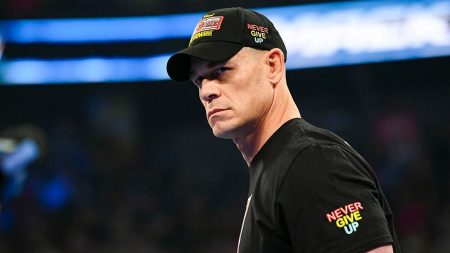Ricky Pearsall, a rookie wide receiver for the San Francisco 49ers, faced a harrowing start to his NFL career. While shopping, Pearsall became the victim of an attempted robbery and was shot. This frightening incident, occurring just as his professional journey was beginning, could have derailed his entire season. However, Pearsall displayed remarkable resilience, both physically and mentally. He missed only a few games due to the injury, ultimately participating in 11 games. He contributed significantly to the 49ers’ offense, catching 31 passes for 400 yards and scoring three touchdowns. His ability to overcome such a traumatic experience and perform at a high level speaks volumes about his character and dedication.
Beyond his physical recovery, Pearsall’s response to the shooting reveals a profound depth of empathy and a commitment to forgiveness. As he cleaned out his locker at the end of the season, Pearsall expressed a desire to meet with the teenager accused of shooting him. Pearsall’s motivation wasn’t rooted in anger or retribution, but in a genuine desire to understand the young man’s circumstances and potentially make a positive impact on his life. Pearsall acknowledged that he didn’t know the teenager’s background or upbringing and therefore couldn’t judge him solely on this one act, however violent. This perspective showcases Pearsall’s maturity and his refusal to reduce a person to a single, albeit terrible, mistake.
Pearsall’s willingness to forgive stems from his own need for closure and healing. He recognized that carrying the weight of anger and resentment would be detrimental to his own well-being. By choosing forgiveness, he empowers himself to move forward and focus on his future, both on and off the field. Furthermore, Pearsall’s desire to connect with the young suspect demonstrates a proactive approach to fostering understanding and potentially preventing future incidents. He sees an opportunity to use his experience to influence the teenager’s path and prevent him from making similar choices again.
The alleged shooter, a 17-year-old high school senior, was charged with attempted murder, assault with a semiautomatic weapon, attempted second-degree robbery, and other gun-related charges. These serious charges reflect the gravity of the situation and the potential consequences the teenager faces. The young man’s attorney conveyed his client’s remorse and apologized to Pearsall and his family. This expression of regret, while not excusing the act, suggests a level of awareness and accountability on the part of the accused.
Pearsall’s story underscores the complex interplay of crime, forgiveness, and the potential for redemption. It highlights the devastating impact of gun violence, not only on the victim but also on the perpetrator and their families. While the legal system will address the charges against the teenager, Pearsall’s focus on forgiveness and understanding offers a different perspective. His approach doesn’t diminish the seriousness of the crime but emphasizes the possibility of personal growth and transformation, even in the face of such a traumatic event.
This incident transcends the realm of sports and delves into profound questions about human nature, justice, and the power of forgiveness. Pearsall’s story serves as a powerful reminder that even in the darkest of circumstances, empathy and compassion can offer a path towards healing and reconciliation. His willingness to engage with the young man who shot him is a testament to his character and his belief in the possibility of positive change. It remains to be seen whether a meeting will take place and what impact it might have, but Pearsall’s intention alone speaks volumes about his resilience and his commitment to making a difference.


